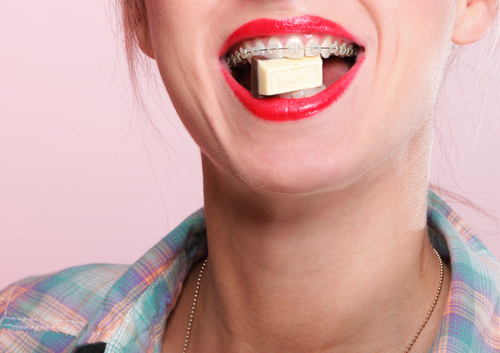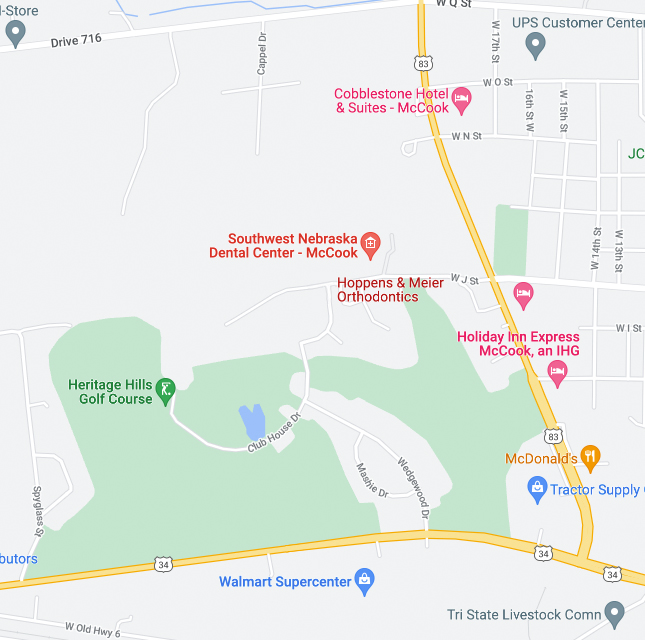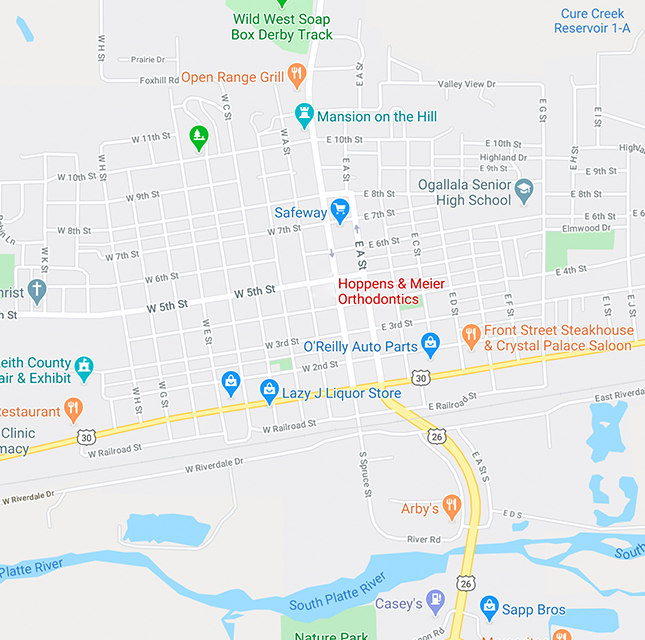Celebrate the Fourth with a Smile!
July 2nd, 2025

Surveys show that Independence Day is the biggest cookout day of the year. If you’re celebrating with a feast of hot dogs, fresh grilled corn on the cob, burgers, and other traditional treats, we have some tips to help make your holiday dining fun for you and safe for your braces, so you don’t miss out on any of the fun in McCook, North Platte, or Ogallala!
- Skip the “Finger Foods”
Traditional BBQ fare like ribs, burgers, chicken legs, and corn on the cob are usually eaten with fingers, not utensils. This means biting into these delicious favorites with your front teeth, which puts pressure on your braces and can lead to bent wires and broken or loose brackets.
But being careful with your braces doesn’t mean you have to miss out! Use a knife and fork to cut food into smaller pieces or cut the kernels off the cob, and you can chew with your back teeth, protecting your brackets and wires.
- Edit The Menu
Crunchy, hard, and sticky foods should never be on the menu when you’re wearing braces. These foods can damage your wires and brackets or get stuck between your braces and your teeth.
A Fourth of July BBQ is the time for clever substitutions. Exchange crusty rolls and seeded buns for softer, seedless versions. Dig into the potato or pasta salad instead of munching on crunchy chips. Skip hard candies, nuts, and sticky smores and enjoy creamy soft desserts like yogurt parfaits, colorful berries, and soft ice creams.
- Water’s Always a Good Choice on a Hot Day
Proper hydration is essential for both your overall health and your oral health. Drinking water helps prevent cavities by washing away food particles and bacteria and reducing acidic conditions in the mouth. A swish can help dislodge food from your braces when you can’t get to a toothbrush. And water, unlike some darker beverages, won’t stain the enamel next to your brackets.
- Keep Up the Good Work
During your busy holiday, whether at home or on the road, be sure to make time to brush and floss as directed after meals and before bed.
Talk to Dr. Bradley Hoppens and Dr. Mary Beth Meier about easy ways to protect your braces and teeth for stress-free holiday dining. Everyone at Hoppens & Meier Orthodontics wants to make sure that, whether you’re enjoying a meal with family and friends, marching in the parade, oohing and aahing at the fireworks, or all of the above, your Fourth of July is filled with healthy, happy smiles!






